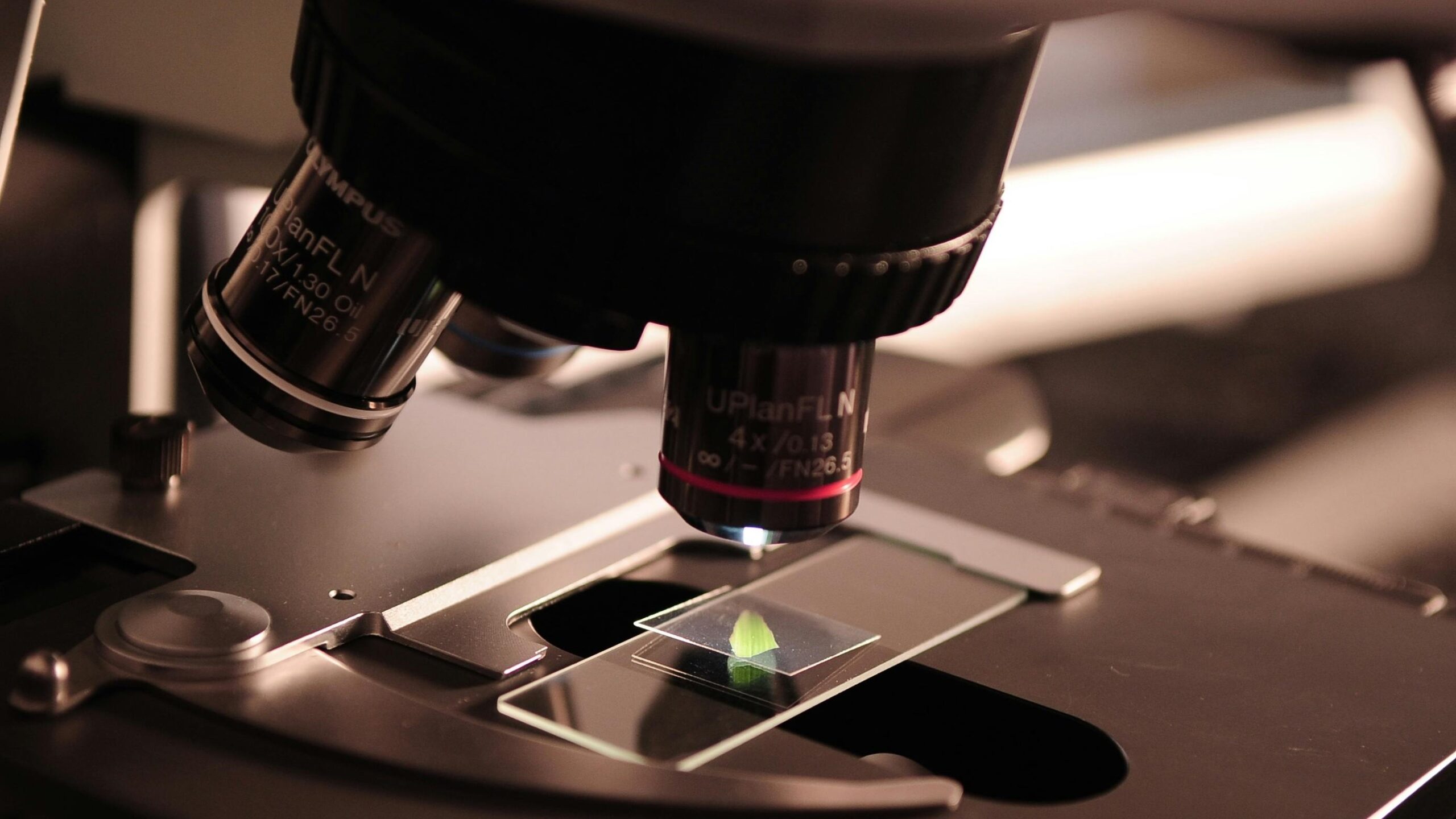The National Science Policy Council has approved Hungary’s innovation strategy for 2024, allocating 215 billion forints to support research and innovation through grant funding. The announcement was made by Minister of Culture and Innovation Balázs Hankó during a press conference on Tuesday.
The funding breakdown includes 131 billion forints for innovation programmes and 84 billion for research projects. Highlighting the government’s commitment, Minister Hankó revealed that the Parliament is also set to vote on a new law concerning the HUN-REN Hungarian Research Network, aimed at enhancing its operational flexibility and responsiveness to research needs. Under the proposed reforms, HUN-REN will operate outside the state budget framework, and the Hungarian government will acquire properties and assets used by the Hungarian Academy of Sciences’ researchers. These resources will be dedicated to public research activities. To further support the research community, the government plans to implement a performance-based funding system, allocating an additional 18 billion forints for wage increases in 2024. This will ultimately double the total funding for researchers to 97 billion forints over three years.
The National Research Excellence Programme (NKKP) will also see a significant boost, with funding rising from 19 billion forints in 2023 to 40 billion forints in 2024. This increase will allow researchers to access grants of up to 200 million forints per project, a dramatic rise from the 48 million previously available under the older OTKA programme. President of the Research Council of Hungary Péter Domokos emphasized that the expanded resources will enable a broader range of researchers to receive support. ‘Many exceptional proposals had to be declined in the past due to funding constraints,’ he noted. In 2023 the Excellence Programme funded 26 projects, preparing researchers for participation in the European Research Council’s prestigious initiatives. Other grants supported 96 Advanced Research proposals, 67 projects for young researchers, and nine collaborative projects with Austrian and Slovenian institutions. Of the supported projects, 152 focused on natural sciences and 46 on social sciences and humanities.
Addressing recent EU criticisms, Hankó reacted strongly to the European Commission’s decision on governance and conflict-of-interest concerns within Hungarian public interest foundations. He accused Brussels of discriminatory behaviour towards Hungarian students and universities, adding, ‘Brussels is stalling!’
Despite these tensions, Hungary continues its global outreach through initiatives like the Pannonia Scholarship Programme, enabling 3,000 students to study at leading universities worldwide, and the HU-rizon programme, fostering partnerships with institutions such as Stanford and Cambridge.
The government’s ambitious plans underscore its determination to elevate Hungary’s research and innovation capabilities while navigating complex relations with international and European bodies. The reforms and increased funding aim to position Hungarian science and education on the global stage.
Related articles:







